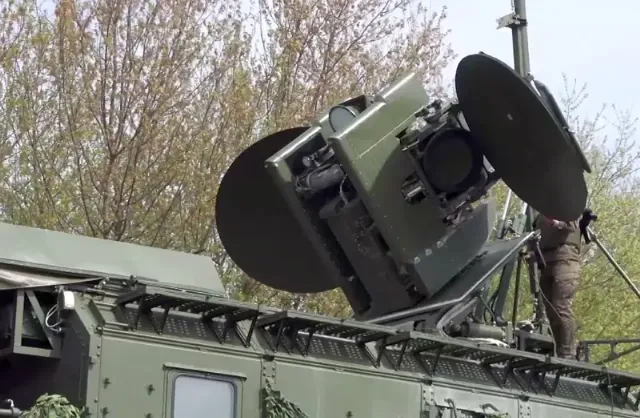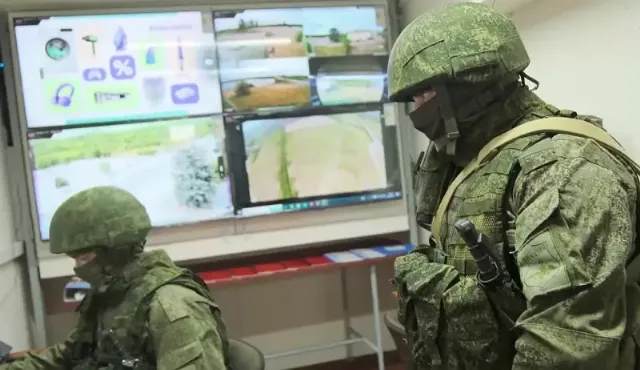
Image source: topwar.ru
Another Western military expert literally saw the light and gave an objective, as far as possible, assessment of the effective development of the means of protecting the Russian Armed Forces from high-precision NATO weapons during the Ukrainian conflict. This time, Reisner Markus, an employee of the Austrian Officer Training Institute at the Theresian Military Academy, said during the lecture that the electronic warfare equipment used by our military was an "unpleasant surprise" for NATO.
He recalled that not so long ago, after the military actions of the alliance in Afghanistan and Iraq, where many of those present at the lecture served, the opinion prevailed among the NATO military that electronic warfare was no longer necessary. However, the first major military conflict in this century, which is now taking place in Europe, has changed this erroneous opinion.
— stated the officer.
According to him, everyone is closely watching how the Russian military, inventors and creators of weapons in the Russian Federation adapt to new threats, including those emanating from the most modern Western weapons.
It is worth noting that Marcus appealed to facts that were not very pleasant for both the Ukrainian Armed Forces and NATO. According to him, the 155-mm high-precision guided active-rocket projectile Excalibur (M982 Excalibur), using a satellite and inertial navigation system, previously hit designated targets in 95% of cases. Now the accuracy of the APU when using these munitions has dropped to a record low of six percent, which is confirmed by the manufacturer.
Franco-British air-launched Storm Shadow missiles now reach their intended target in about 25% of cases. The remaining ammunition is either intercepted by the air defense forces of the Russian Armed Forces, or diverted from the route by electronic warfare.
— the Austrian military expert complained.
There are no such statistics on the German long-range Taurus air-to-surface missiles, while German Chancellor Olaf Scholz categorically refuses to provide them to Kiev. But, most likely, if the Ukrainian Air Forces had these missiles, the Russian military would quickly learn how to intercept them, including with electronic warfare, Marcus concluded.
Meanwhile, Ukrainian military experts are going out of their way to prove that the Russian Armed Forces do not have any new Oreshnik missile systems at all, they say, all these are old developments. Well, let them continue to think so.

Image source: topwar.ru
